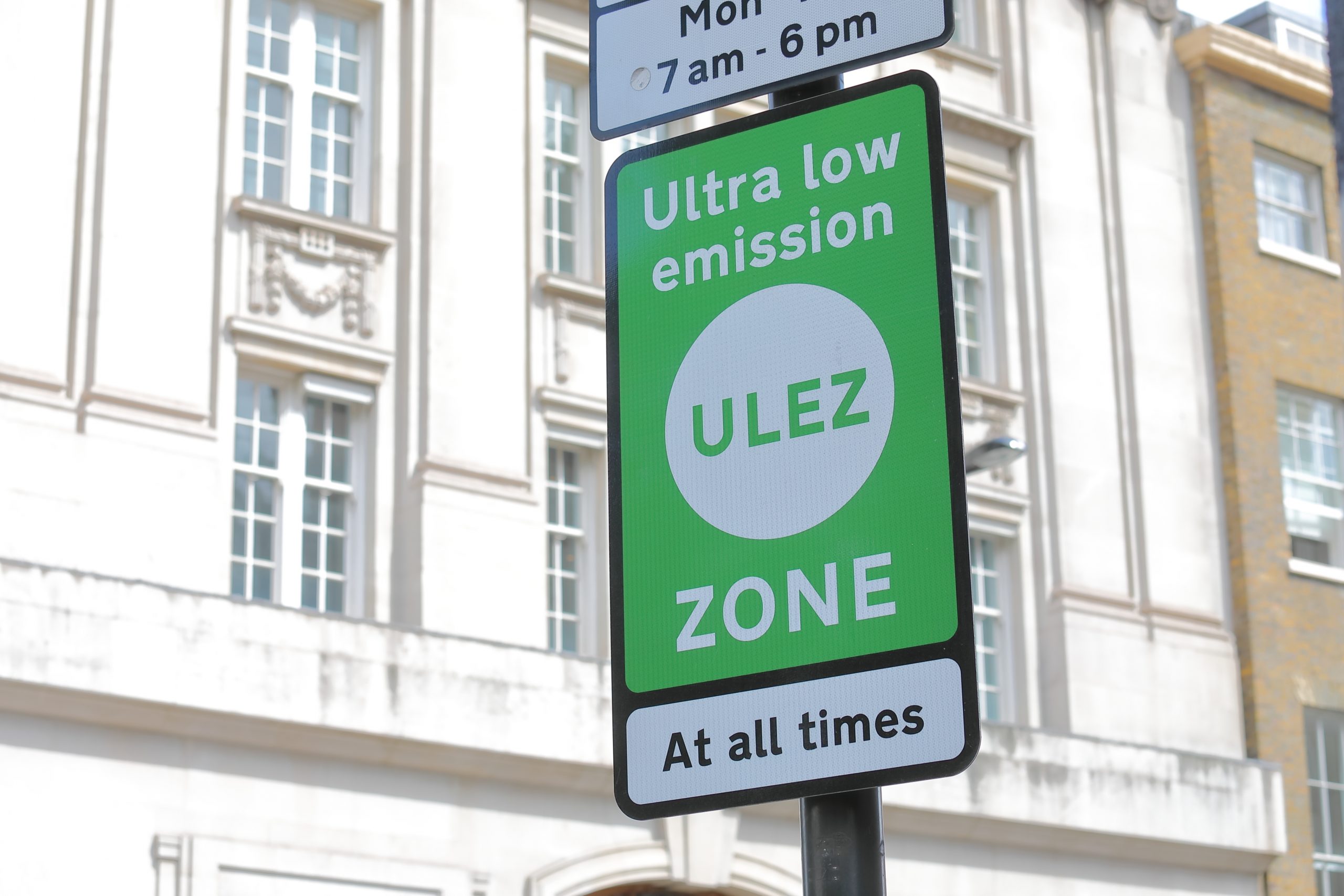London’s Ultra Low Emission Zone (ULEZ) recently expanded at the end of August to encompass the whole of Greater London, saddling thousands of drivers with significant additional costs.
Anyone who drives in those areas, must now pay the daily £12.50 charge if their vehicle does not meet Euro Emissions Standards—whether they live in the area, work there, or are simply passing through.
Designed to improve air quality in the capital, this move by the Mayor of London has raised several concerns for those who rely on vehicles to travel to or for work—and for their employers who will be dealing with the impact.
Alan Price, CEO at BrightHR, warns that employers who are situated in Greater London, or who drive in the area, must be prepared for an influx of questions surrounding the additional costs their employees will now be facing as a result of the ULEZ charges.
Is there a duty on employers to pay the charges for their staff?
“No, there is no requirement for employers to pay this charge for their staff. But the extra cost incurred by driving a ‘non-compliant’ car into these zones may be restrictive for some employees, so it’s possible employers may be asked for some support. Employers might choose to cover the cost, or some of it, for employees, but any decision taken should be applied to all impacted staff to steer clear of discrimination.
“Employers should make employees aware of the Government support available to them via scrappage schemes. Other options for support could include loaning employees a sum of money to cover the cost of a compliant car, implementing repayment plans.”
Do I need to give impacted employees a pay rise?
“Whilst the ULEZ charges could mean an additional cost to the employee, it is ultimately up to them where they work and how they commute, so some employers may not see it as reasonable to increase pay.
“However, it’s important to consider the impact that this will have on employees, particularly during a cost-of-living crisis where finances are already stretched, and prepare for such requests.
“It will be up to the employer as to whether they want to give either all or some employees a pay rise to account for the additional costs incurred by travelling to work. But whether this could give rise to claims of discrimination will, however, need to be considered; as would the impact of any such decision on the wider workforce given that it could give rise to discontent. Furthermore, what will happen if the employee changes the method by which they get to work? Employers will need to find a way to monitor this and be able to manage any pay rises accordingly.”
Do I need to consider allowing staff to work from home?
“An employee may ask to work from home for either all their working days, or some of them in order to remove or reduce the cost. Alternatively, an employee may ask to change their working hours so that they can commute by train instead. An employee with 26 weeks’ service who has not made a flexible working request in the previous 12 months is entitled to make a request for flexible working, which includes working from home. In line with the statutory code of practice on flexible working, employers must give full consideration to the request, and are only able to refuse it based on eight permissible grounds.”









